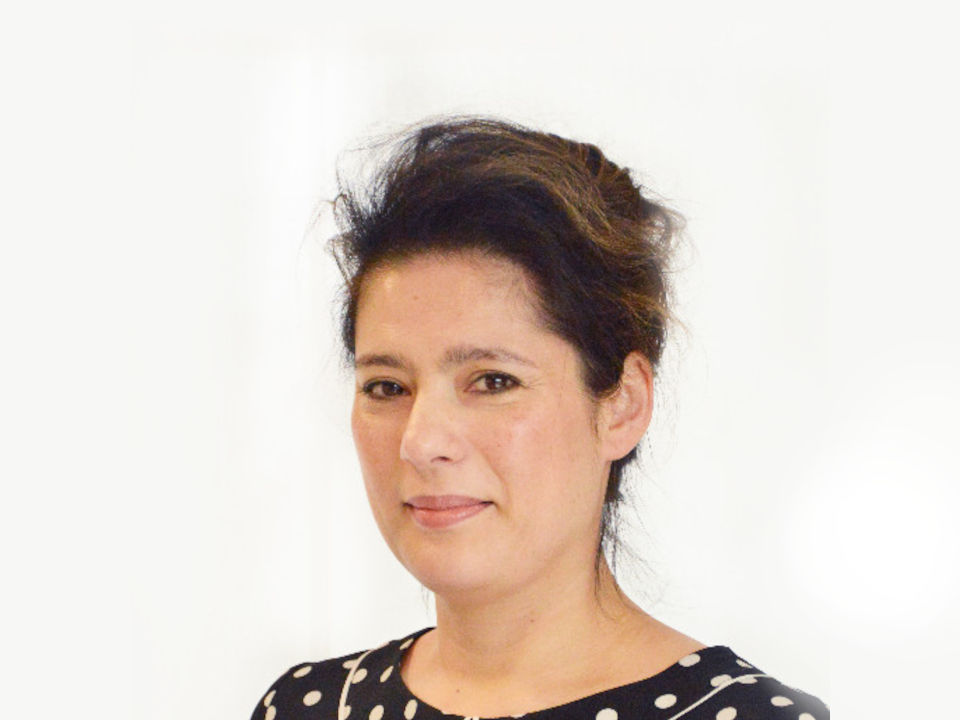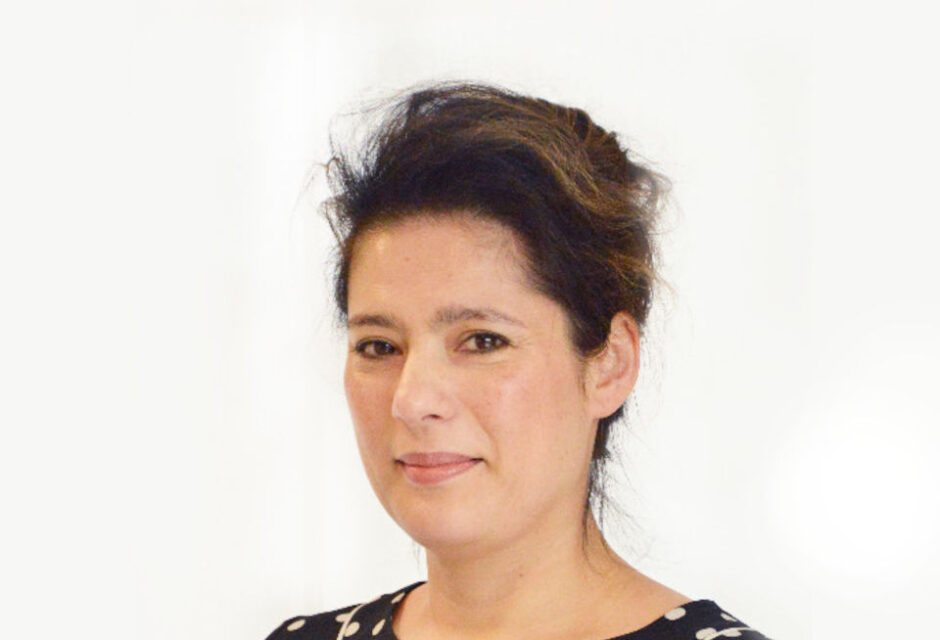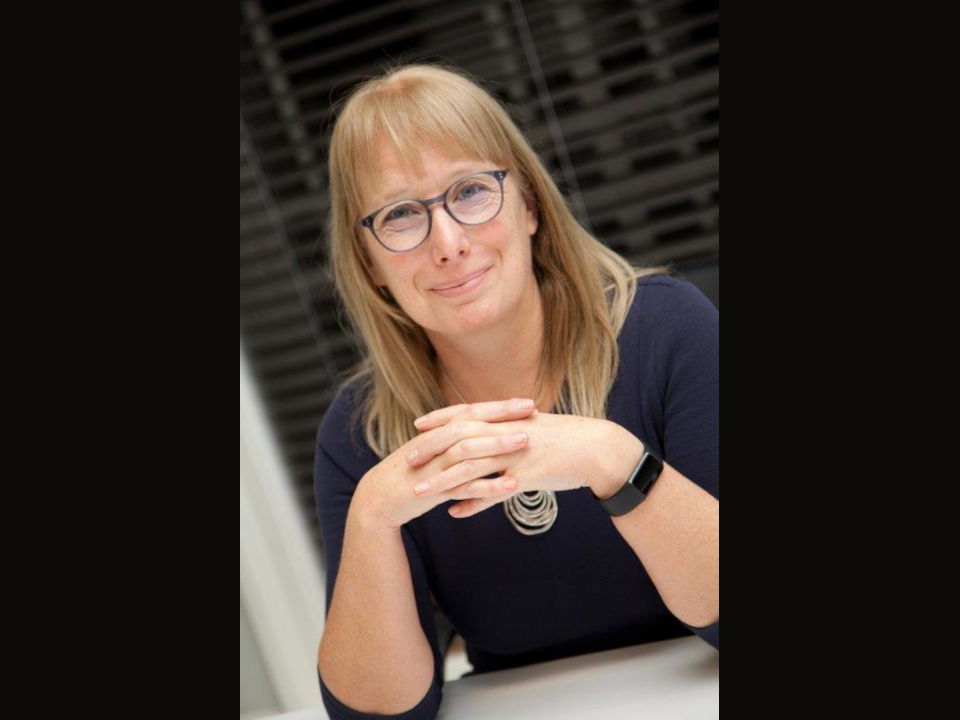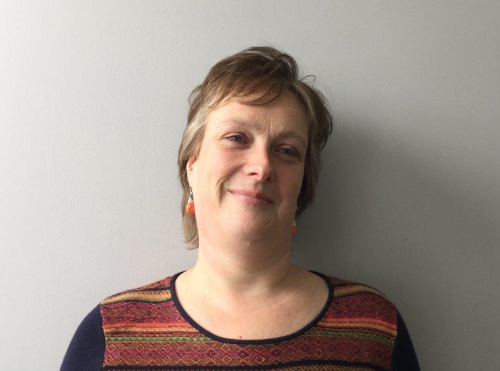
Suanne Lim
ADCS Elected Director
Director of Early Help and Children's Social Care, Derby City Council
As we mark Foster Care Fortnight, 12 – 25 May, it’s a moment of collective pause, reflection, and renewed commitment for all of us working in children’s social care. This annual campaign not only celebrates the extraordinary contribution of foster carers but also offers us, as professionals, the opportunity to revisit one of the most vital tools in our practice — relationships.
In the fast-paced, high-pressure world of statutory children’s services, it’s easy for processes, procedures, and paperwork to take centre stage. But at the heart of social work, and indeed at the heart of fostering, is something simple, yet profoundly powerful: human connection.
Relationships matter more than ever and every child who comes into care has experienced disruption — to their home, to their schooling, and often to their sense of safety and identity. In many cases, these children and young people have experienced trauma, neglect, or abuse, and the adults who were meant to protect them have fallen short. It’s in this context that relational practice becomes not just important, but essential.
Relationships provide the framework within which children begin to heal. Whether it’s the consistency of a foster carer who patiently helps a child to trust again, or a social worker who shows up when they say they will — it’s these interactions, repeated over time, that rebuild safety, attachment, and hope.
During Foster Care Fortnight, we rightly celebrate foster carers but as professionals, we must go deeper than celebration and ask: How do we truly value and support them? Foster carers are not just people who offer a spare room. They are therapeutic agents in the everyday, co-regulating emotional storms, interpreting behaviours rooted in trauma, and providing stability through life’s unpredictability. Many are the first adults to help a child experience safe, attuned care after years of unpredictability or harm.
The power of this work cannot be overstated. A consistent foster placement, even for a few months, can radically alter the trajectory of a child’s life. Foster carers can help children rediscover their strengths, reimagine their futures, and begin to feel that they matter.
One of the most underappreciated dynamics in children’s social care is the triadic relationship between the child, the foster carer, and the social worker. When this triangle is strong — built on trust, communication, and shared purpose — outcomes improve. Children feel more secure. Carers feel more supported. Social workers can practice more proactively. However, when this triangle falters — through poor communication, a lack of consistency, or rigid systems — relationships become strained. Foster carers may feel undervalued, children may internalise further instability, and social workers can feel burnt out and reactive.
This is why Foster Care Fortnight is also a timely reminder for professionals to invest in relationships not only with children, but also with carers. They are not passive service users; they are skilled, emotionally invested “partners” in care.
Relational practice is not just for frontline work with children and carers, it should underpin how we work as teams and how we support each other. High caseloads, vicarious trauma, and systemic pressures are real and persistent challenges in social care. Where relational culture thrives, so does resilience. Supervision that is reflective, peer networks that are emotionally open, and leadership that is authentic can help create workplaces where staff feel safe and valued. If we expect our workforce to be relational with children and carers, they must experience the same in their professional environments.
In children’s social care, relationships are not the “soft” side of the work, they are the work. They are the foundation upon which change, healing, and growth are made possible. Let’s use this Foster Care Fortnight not just to thank foster carers (though they certainly deserve it) but to recommit ourselves to building, protecting, and prioritising the relationships that make our work matter. When relationships are strong, everything else has a chance to follow.





